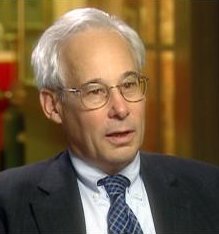Medicare hires CSC but with short leash


The winner, Computer Sciences Corp., said it is worth "up to" $230 million. But it's a very short leash. Medicare can opt out after six months, and the deal renews every year after that for six years.
The goal is to create a service-level architecture consolidating "the Standard Data Processing System, the Value Based Purchasing and the End Stage Renal Disease" groups, and supporting "the collection, analysis, reporting and management of claims, clinical, survey and project data from Medicare and Medicaid providers."
In English, upgrade present systems and maintain the most important provider relationship databases. Indian-owned 2020 Company and a management unit of General Dynamics will also work on the contract.
It's an important deal for Medicare, which is expected to find hundreds of billions of dollars in cost savings out of the data it collects during the next several years. Its savings and processes could then inform the insurance industry in bending the cost curve of health care costs.
The driver for these savings is supposed to be the Center for Medicare and Medicaid Innovation, which opened today under Dr. Richard Gilfillan, formerly president of the Geisinger Health Plan.
Geisinger, based in Pennsylvania, is considered a "model" health plan, combining insurance with care, and using "best practices" to maximize quality and minimize cost.
All this is also being announced a day before Berwick testifies to Congress for the first time since his recess appointment, which is also the first Administration testimony on health since Republicans won the House, partly on the strength of opposition to health reform.
In his prepared testimony, which has been made public, Berwick will insist that he can achieve savings without rationing care, through "integrated care" that includes wellness support, and using tools given him under the health reform law.
Expect fireworks. Berwick faces a choice between staying calm under withering criticism or firing back and provoking headlines.
But before grabbing for the popcorn note performance. A short-leash computing contract and the Gilfillan appointment are hard to argue against.